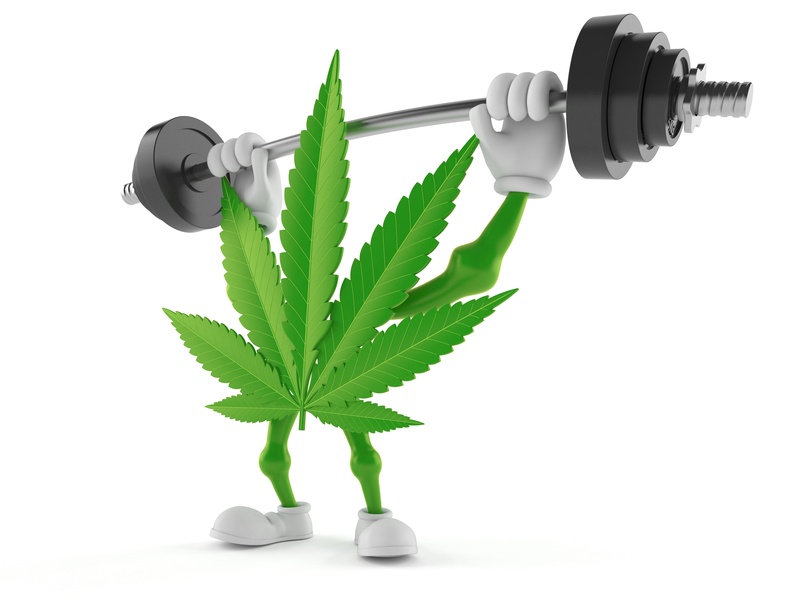When you first enter the realm of CBD, you’ll undoubtedly encounter a wide range of products, sorts, and strengths, which might be bewildering. Knowing what strength to pick can assist you in finding the best items for your needs – here’s a quick guide to understanding different forms of CBD.

When you first get involved with CBD, you’ll come across a variety of items, sorts, and strengths that may be confusing to sort through. Knowing which strength to pick can assist you in determining the greatest CBD products for your needs – here’s a quick guide to different types of CBD and their degrees.
Understanding CBD
First and foremost, it’s critical to understand what CBD is and isn’t. Cannabidiol is a term for cannabidiol from the hemp plant, Cannabis sativa L. There are various chemicals in this plant – some are psychoactive, such as THC, while others aren’t. CBD is a non-psychoactive substance that is distinct from cannabis oil or medical cannabis and will not make you high. It’s a lawful drug with the highest concentration not including THC.
Isolate, Full-spectrum and Broad-spectrum CBD are the three forms available. Vitabiotics CBD is tested to rigorous quality standards and produced from CBD isolate, the purest form of cannabidiol (CBD) that does not include any THC.
What Strength Should I Buy?
CBD is available in a range of strengths. There are no established rules when it comes to how much CBD should be consumed at once, so start modestly and increase gradually so your body has time to adapt. Begin with 7 drops under the tongue twice a day and observe how your body responds. However, don’t take more than 70 mg of CBD per day.
The potency you choose will be determined by the severity of your symptoms, how your body responds to the chemical, and what you’re attempting to cure. If you just want CBD’s calming effects without dealing with more intense symptoms, a low dose may be sufficient. However, a larger dose may be more beneficial for severe conditions. CBD may be taken on a daily basis, making it easy to include into your routine. It can aid in the treatment of a variety of ailments, such as pain management and anxiety and depression disorders.
The dosages listed above are only approximate. To ensure accuracy, be sure to consult with your doctor about the best CBD dosage for you. There are also various types of CBD to try, such as topical gels, creams, or gummies that provide various quantities and strengths of CBD according to the daily recommended usage. You can then either boost or decrease the dose depending on how your body responds to these doses.
Before taking CBD, you should talk to your doctor to ensure that the dose you will be taking is safe for you, particularly if you’re on other medicines. CBD is not suggested for children under 18 years of age, persons with food allergies or epilepsy, or pregnant or breastfeeding women.
 2018 ·
2018 ·